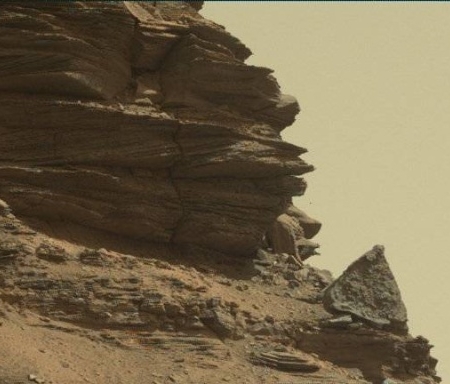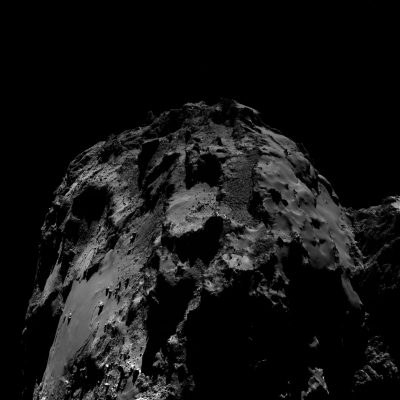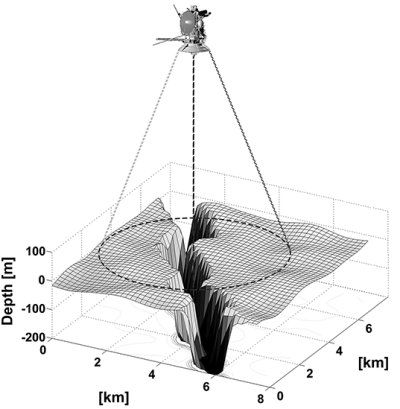Lots of launches
The competition heats up: The next few weeks will be a busy period for rocket launches:
- August 19: Delta IV launch to help detect threats to satellites
- August 24: Ariane says ready for Intelsat satellite launch
- September 3: SpaceX Falcon 9 FT launch – Amos 6
- September 8: NASA to Launch Historic OSIRIS-REx Mission to Acquire Asteroid Sample
- September 10: New GSLV launch in September
SpaceX’s September 3 launch is part of their effort to ramp up their launch rate and get 18 Falcon 9 launches in 2016. So far they have completed 8 launches.
The September 8 launch will be the United States first sample return mission to an asteroid, Bennu, which also happens to be an asteroid that could possibly impact the Earth at some time in the future.
The September 10 launch will be another test flight of India’s more powerful Geosynchronous Satellite Launch Vehicle, aimed at competing for launch business against SpaceX, ULA, and Arianespace.
There’s more beyond this. A lot is scheduled for this fall.
The competition heats up: The next few weeks will be a busy period for rocket launches:
- August 19: Delta IV launch to help detect threats to satellites
- August 24: Ariane says ready for Intelsat satellite launch
- September 3: SpaceX Falcon 9 FT launch – Amos 6
- September 8: NASA to Launch Historic OSIRIS-REx Mission to Acquire Asteroid Sample
- September 10: New GSLV launch in September
SpaceX’s September 3 launch is part of their effort to ramp up their launch rate and get 18 Falcon 9 launches in 2016. So far they have completed 8 launches.
The September 8 launch will be the United States first sample return mission to an asteroid, Bennu, which also happens to be an asteroid that could possibly impact the Earth at some time in the future.
The September 10 launch will be another test flight of India’s more powerful Geosynchronous Satellite Launch Vehicle, aimed at competing for launch business against SpaceX, ULA, and Arianespace.
There’s more beyond this. A lot is scheduled for this fall.




